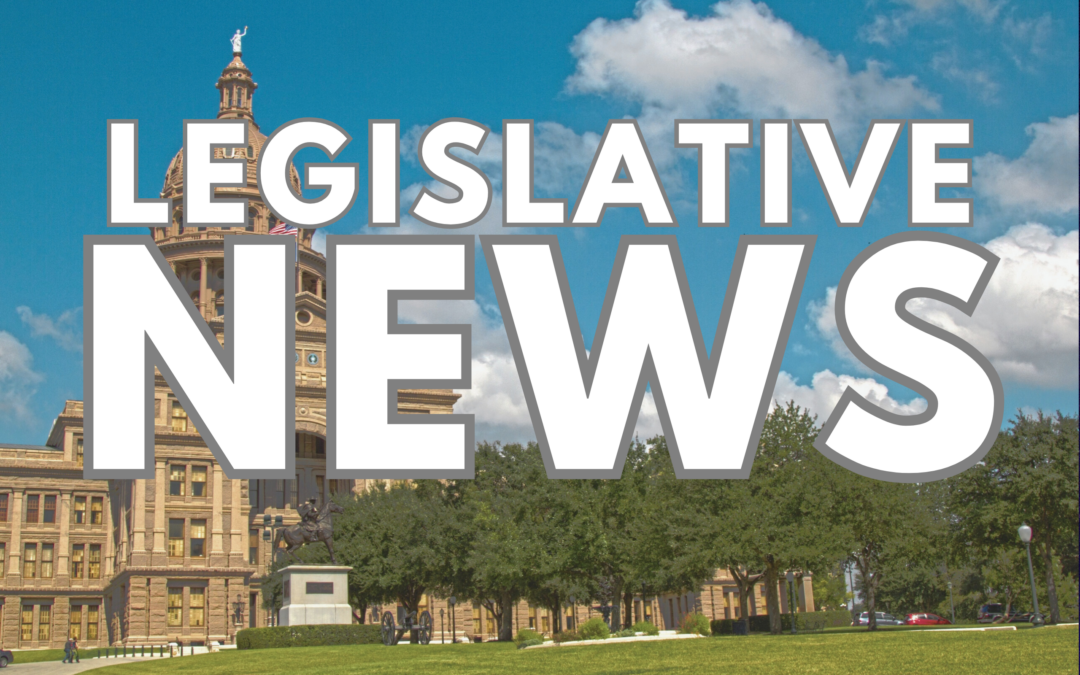The interim hearings illustrated that the electric market remains a crucial subject for Texas policymaking as we approach the next legislative session.
________________________________________________
Electric market changes adopted during the 2023 legislative session — and more potentially to come during the upcoming session in 2025 — took center stage during committee hearings in Austin this month.
 Testimony during the twin hearings in the Business and Commerce Committee of the Texas Senate and the State Affairs Committee of the Texas House touched upon a wide range of issues, including the impact of crypto mining on the Texas grid, the interplay between transmission buildout and consumer costs, and new massive load growth projections. The committees heard invited testimony from representatives of the Electric Reliability Council of Texas (ERCOT), the Independent Market Monitor (IMM), the Public Utility Commission of Texas (PUC), generators, consumers, and Bitcoin miners, among others.
Testimony during the twin hearings in the Business and Commerce Committee of the Texas Senate and the State Affairs Committee of the Texas House touched upon a wide range of issues, including the impact of crypto mining on the Texas grid, the interplay between transmission buildout and consumer costs, and new massive load growth projections. The committees heard invited testimony from representatives of the Electric Reliability Council of Texas (ERCOT), the Independent Market Monitor (IMM), the Public Utility Commission of Texas (PUC), generators, consumers, and Bitcoin miners, among others.
The dialogue during both hearings repeatedly circled back to a few overarching questions:
- How can the state manage rapidly growing energy consumption and prioritize reasonable consumer costs?
- How can policymakers help facilitate regulatory market certainty?
- Does the Performance Credit Mechanism, incorporated into legislation during the 2023 legislative session, have a future in the Texas energy-only market?
- Is there a need to differentiate between crypto mining operations and data centers as these industries continue to move into the Texas grid?
Rapid Load Growth

OCSC Attorney Thomas Brodato
Legislators were surprised to learn that ERCOT’s projections for load growth in Texas has increased significantly. ERCOT CEO Pablo Vegas testified that the projected load growth through 2030 was originally 85 gigawatts but has since increased to 150 gigawatts. This means peak demand would effectively double over the course of about six years. Vegas described an “insatiable demand” for electricity to support artificial intelligence, industrial electrification of oil and gas operations, and various industrial operations. According to Vegas, the US Inflation Reduction Act is a major impetus for much of the industrial growth in Texas, particularly as it relates to hydrogen production. Consumer representatives emphasized the need to consider costs when assessing how to best serve the state’s constantly growing demand. Thomas Brocato, on behalf of the Steering Committee of Cities Served by Oncor and the Texas Coalition for Affordable Power, noted that market modifications since Winter Storm Uri have had cost implications, including an increase in transmission and distribution utility rates
Regulatory Market Certainty and Reliability
Many parties providing testimony emphasized the importance of legislative stability during the upcoming session. Based on the number of new programs and endeavors since Winter Storm Uri, this testimony seemed to indicate a desire to steer away from broad sweeping electric market reform in the upcoming session. PUC Chairman Thomas Gleeson testified that the PUC expects to finalize a rule in August that will mandate a particular reliability standard. This will likely contemplate the frequency and magnitude of outages. ERCOT CEO Pablo Vegas said that many parts of the country will be watching the development of Texas’ reliability standard as a possible guide.

Katie Coleman, of Texas Industrial Electricity Consumers
The Future of the Performance Credit Mechanism
The Senate Business & Commerce Committee was particularly interested in whether the Performance Credit Mechanism (PCM), recommended by the E3 consulting group and incorporated into House Bill 1500 last session, is still an appropriate market reform for Texas. Many legislators, particularly on the Senate Business & Commerce Committee, were skeptical of the PCM and asked whether it is still a necessary component for the market design in Texas. In response to questions from legislators, ERCOT representatives provided that the PCM is not mandatory and may not be a necessary addition to the market but that it is important to do the study work to find out. PUC Chairman Gleeson explained that the PUC is currently conducting a comment process for stakeholders to weigh in on the appropriate parameters for the PCM. Gleeson also noted that there will also be a cost-benefit analysis of the PCM, as required by statute. On behalf of Texas Industrial Energy Consumers, Katie Coleman expressed concerns about the PCM being a move away from the energy-only market. Additionally, there is skepticism about how high the cost of new entry may be to generators if the PCM is ultimately implemented.
Crypto Mining and Data Centers
ERCOT Chief Operating Officer Woody Rickerson testified that all crypto mining in Texas equates to about 2,600 megawatts, or the equivalent of the City of Austin. During peak times, however, the crypto mining load drops to about 200 megawatts because crypto has the ability to go offline. The projected crypto load forecast for 2030 is 11,000 megawatts. Senators on the Business & Commerce Committee had several probing questions for the crypto mining industry and expressed concerns about conflating crypto operations and data centers. Sen. Robert Nichols of Jacksonville asked about how to distinguish between the two. One approach would be to distinguish by energy characteristics, such as operation duration; another distinction could be to look at end-results. The House State Affairs Committee also discussed the registration process for crypto miners and whether there should be legislation to limit crypto mining in Texas.
Looking Ahead
Overall, the interim hearings illustrated that the electric market remains a crucial subject for Texas policymaking as we approach the next legislative session. This is particularly evident given the lingering impacts of Winter Storm Uri and the steady growth throughout the state. The House State Affairs Committee’s next interim hearing is scheduled for August 16. The Senate Business and Commerce Committee’s next interim hearing is scheduled for August 27.

